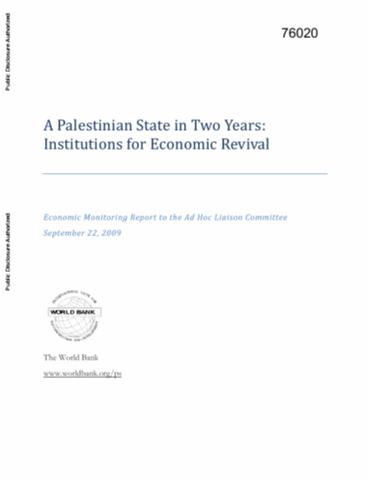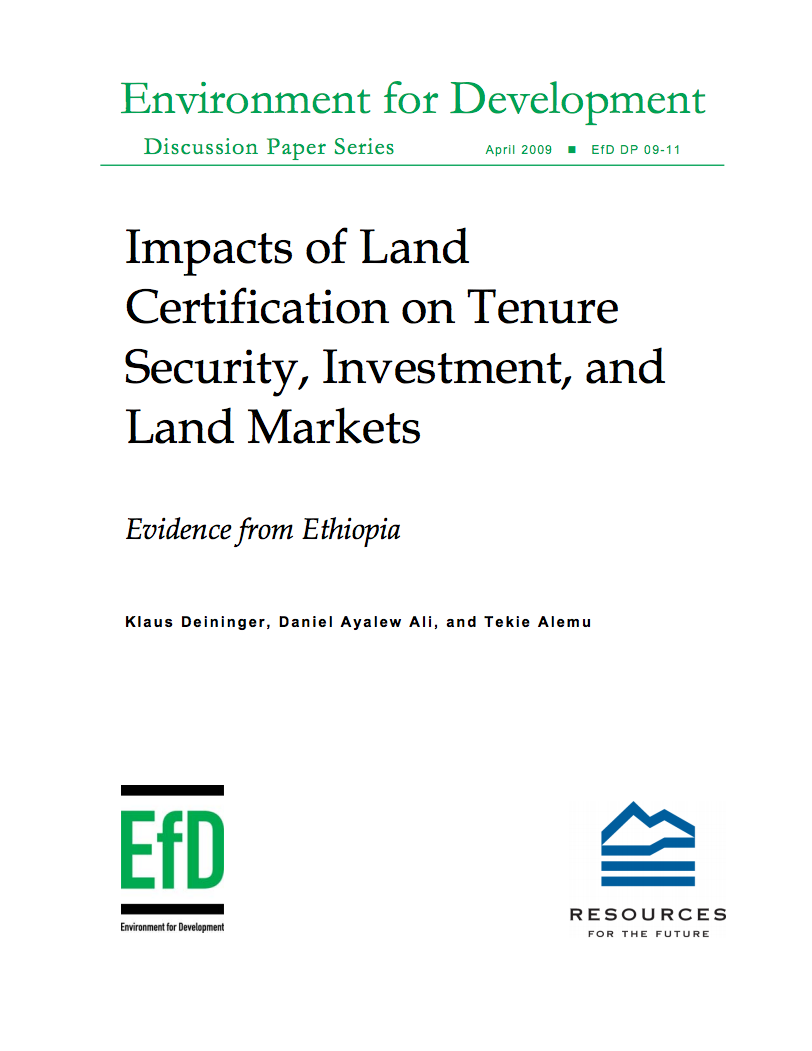Concession or cooperation? Impacts of recent rubber investment on land tenure and livelihoods: A case study from Oudomxai Province, Lao PDR
The research team set out to answer three research questions: 1) What are rubber investment’s key features with regard to the investment process, investor identity, location, activities and scale? 2) How was the “upland” landscape originally zoned and mapped as part of the LFA process, and later re-zoned and mapped by local authorities and foreign investors? 3) What are the impacts of rubber investment in upland areas on the land use and livelihoods of the villagers involved?





